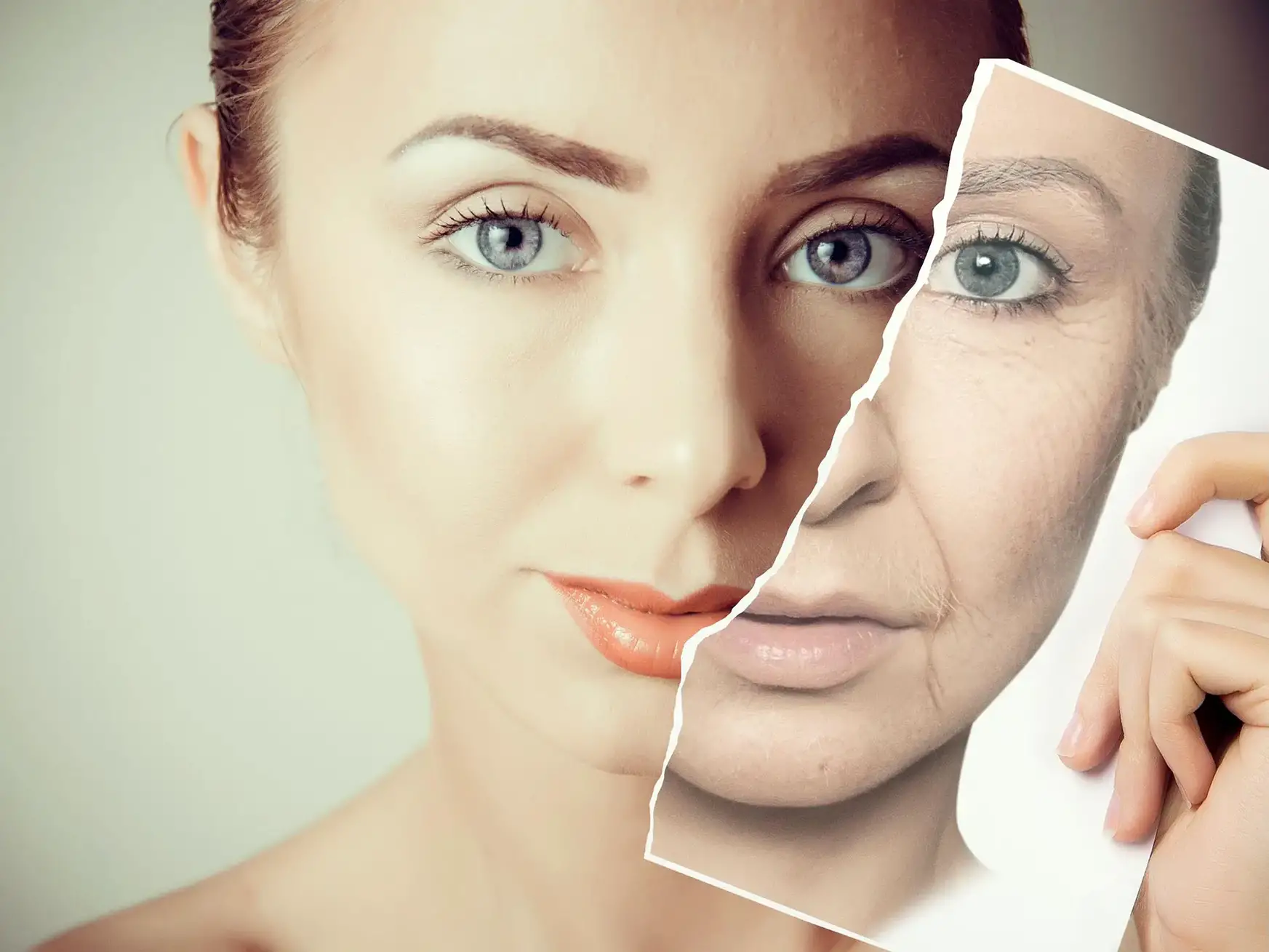
The data suggest “that a methylation-supportive diet and lifestyle intervention may favorably influence biological age in both sexes during middle age and older.”
An 8-week methylation-supportive diet and lifestyle program was found to significantly decrease biological age in a case series of women, suggesting that such interventions may affect underlying mechanisms of aging rather than disease-driven aging, and be effective for both sexes.
A new research paper published in the journal Aging examines the impact of a special diet/lifestyle program.
A case series of six women who underwent a methylation-supportive diet and lifestyle program, aimed at affecting
Five of the six participants exhibited a biological age reduction of between 1.22 and 11.01 years from their baseline biological age. There was a statistically significant (p=.039) difference in the participants’ mean biological age before (55.83 years) and after (51.23 years) the 8-week diet and lifestyle intervention, with an average decrease of 4.60 years. The average chronological age at the start of the program was 57.9 years and all but one participant had a biological age younger than their chronological age at the start of the program, suggesting that biological age changes were unrelated to disease improvement and instead might be attributed to underlying aging mechanisms.
“This case series of women participants extends the previous pilot study of this intervention in men, indicating that favorable biological age changes may be achievable in both sexes. In addition, the investigation of otherwise-healthy individuals, rather than those with diagnosed disease, suggests an influence directly on underlying mechanisms of aging instead of disease-driven aging.”
Reference: “Potential reversal of biological age in women following an 8-week methylation-supportive diet and lifestyle program: a case series” by Kara N. Fitzgerald, Tish Campbell, Suzanne Makarem and Romilly Hodges, 22 March 2023, Aging.
DOI: 10.18632/aging.204602









